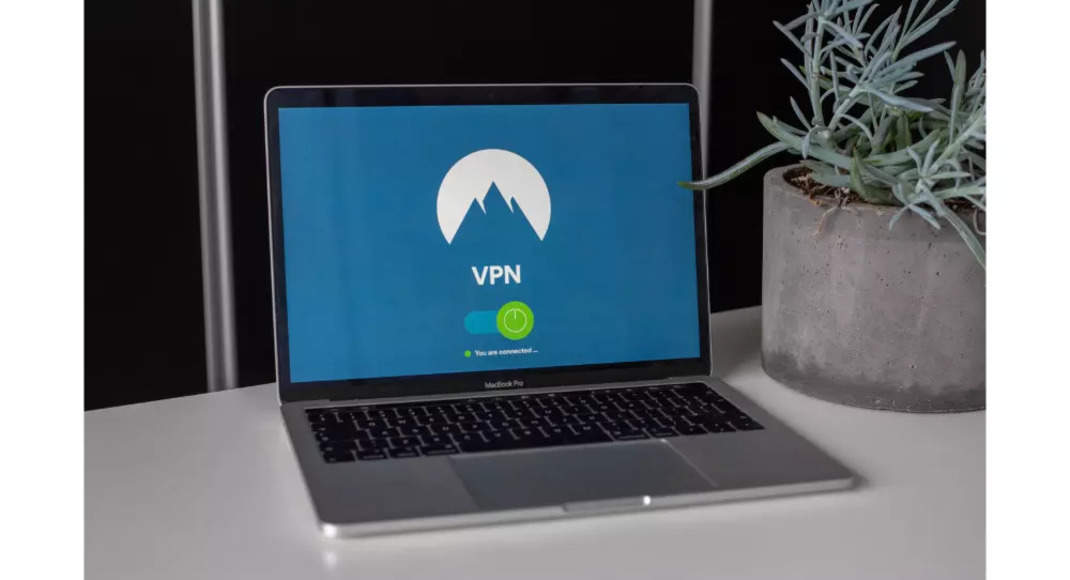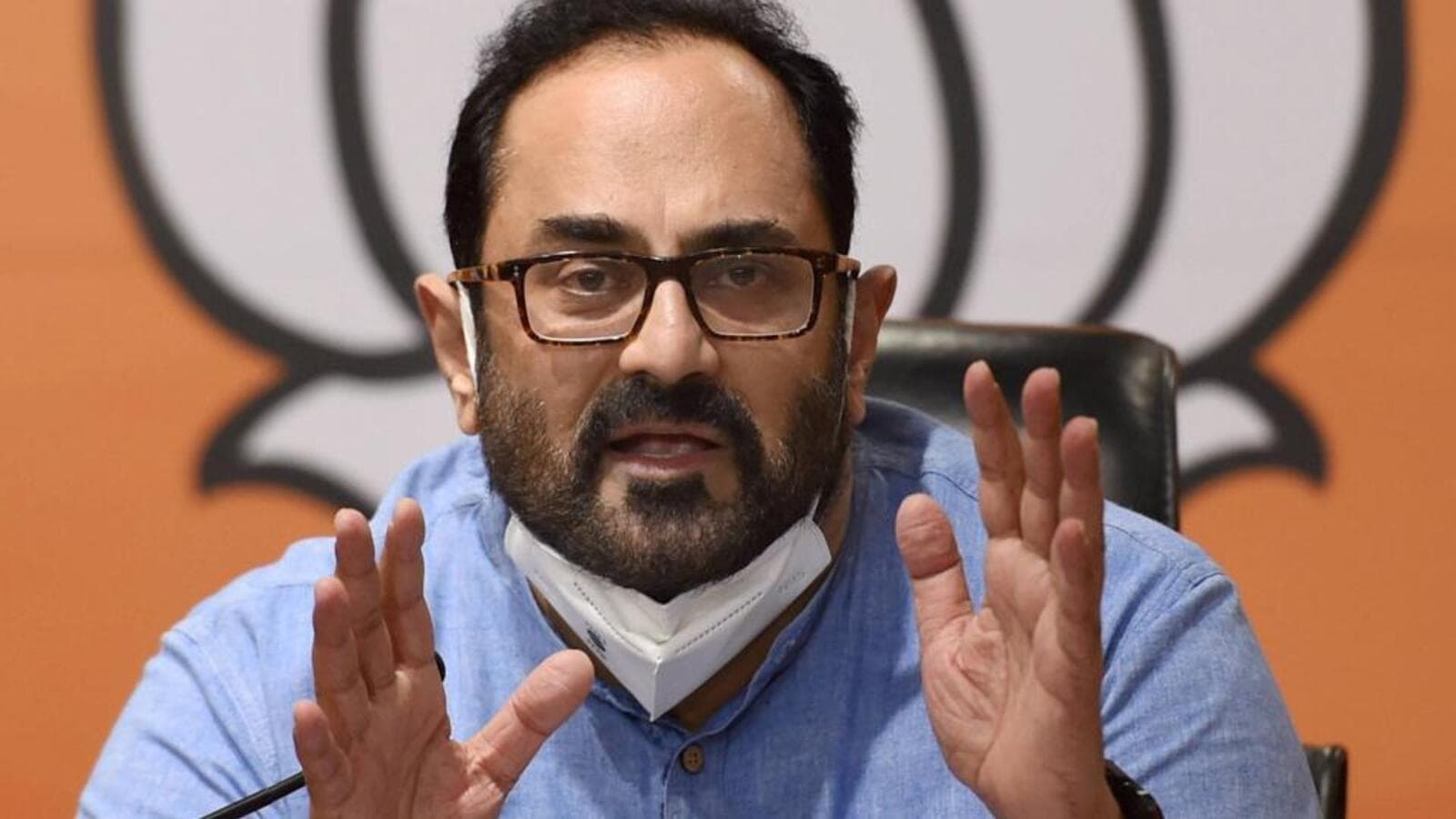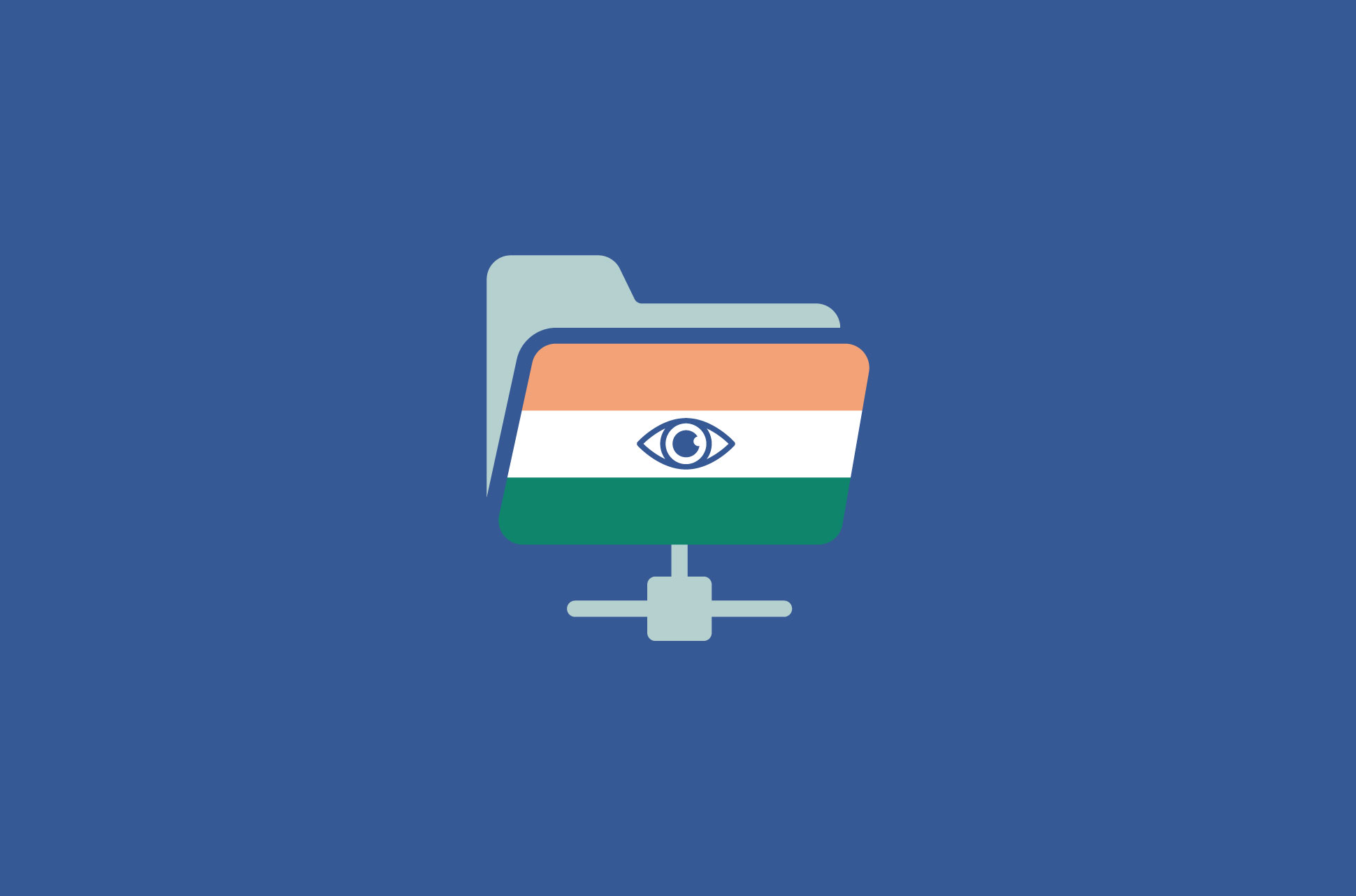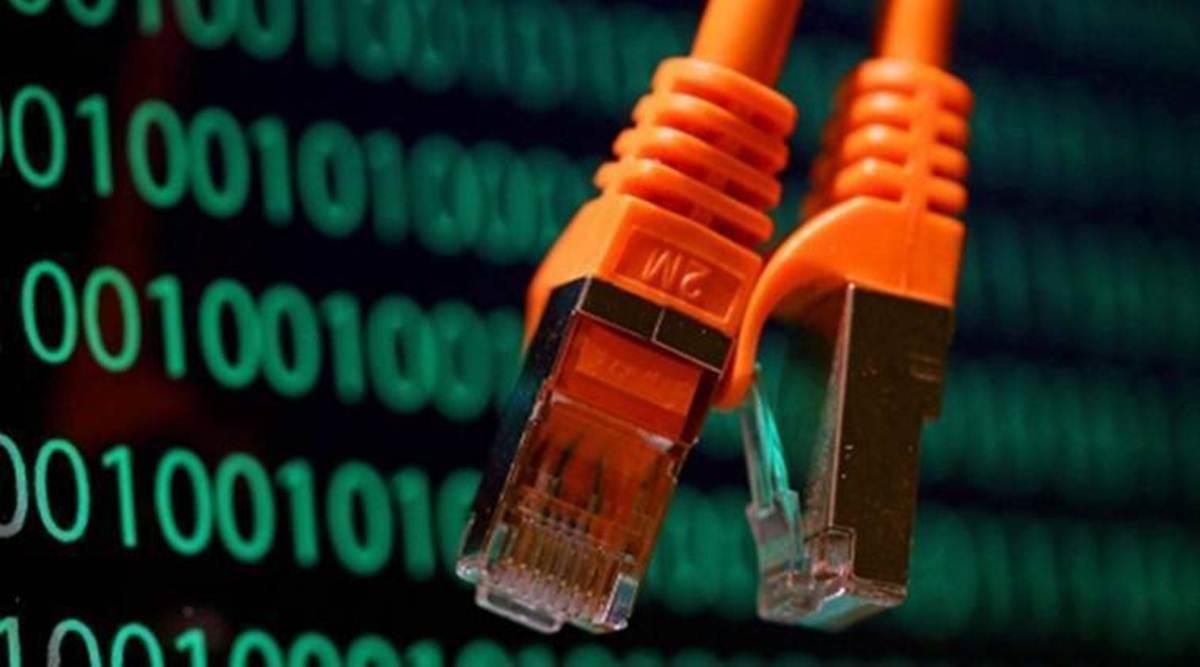- Joined
- 1 Feb 2019
- Messages
- 3,214
- Solutions
- 3
- Reaction score
- 7,249
They have not completely banned VPN but made it useless by stripping off the basic thing it offers- Privacy.
The government made it compulsory to log and store user's data for 5 years or more even when the user has cancelled his subscription or closed his account. This data should be shared promptly whenever asked by GOI.
You are also required to share your details like validated real name, contact number, physical address, reason to use it, etc. Those who don't comply could potentially face up to a year in prison.
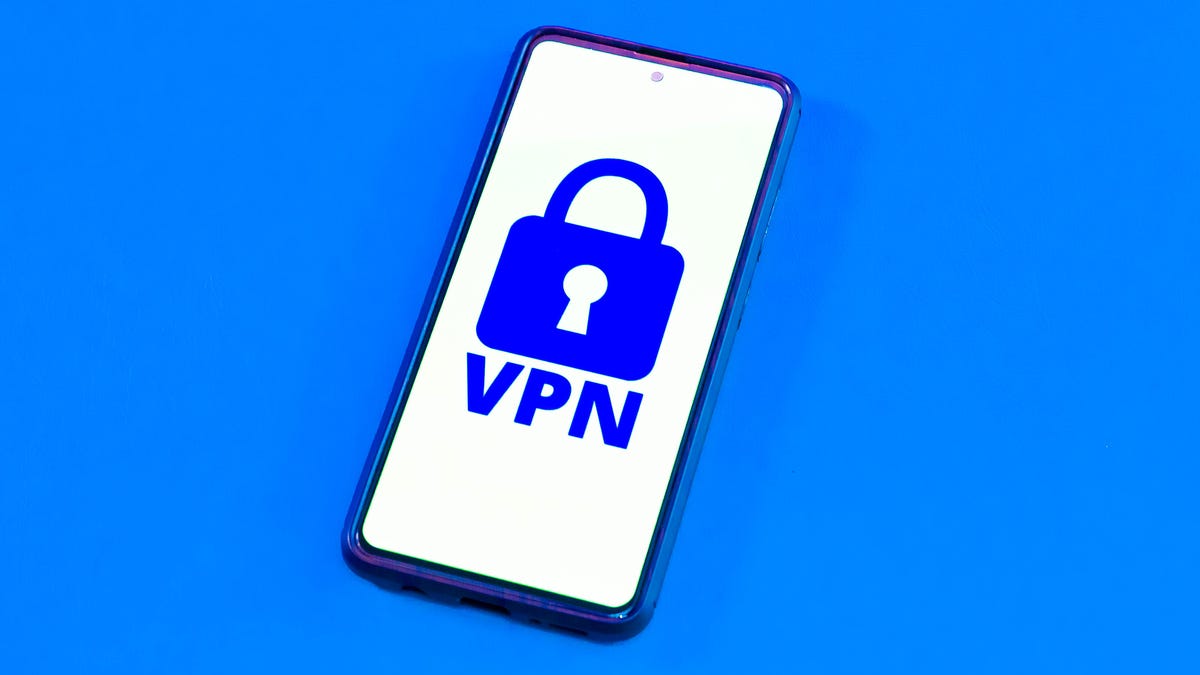
 www.cnet.com
www.cnet.com
The government made it compulsory to log and store user's data for 5 years or more even when the user has cancelled his subscription or closed his account. This data should be shared promptly whenever asked by GOI.
You are also required to share your details like validated real name, contact number, physical address, reason to use it, etc. Those who don't comply could potentially face up to a year in prison.
Most VPNs offer a no-logging policy, a public promise against logging, collecting or sharing customer usage and browsing data. Leading services like ExpressVPN and Surfshark operate only with RAM-disk servers and other log-less technology, meaning the VPNs would be theoretically incapable of monitoring for URLs listed in the directive. If VPNs in India are required under the new directive to keep customer registration data -- or to monitor and report social media usage -- many could potentially run afoul of the law simply by continuing to operate.

India Orders VPN Companies to Collect and Hand Over User Data
A new government order will force virtual private networks to store user data for five years or longer.



